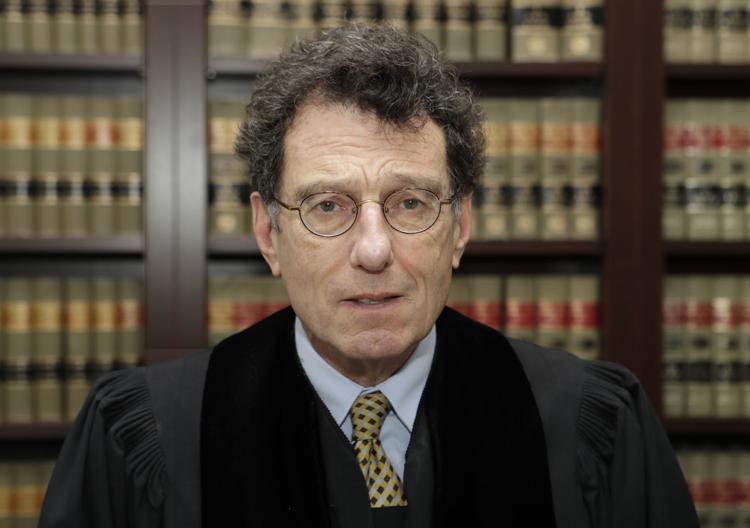
The U.S. financial system has survived a decade without another meltdown like that caused by the proliferation of toxic securities in the late 2000s. The credit belongs to tougher regulation, not to a moral conversion on the part of the large banks. Those institutions still exhibit significant ethical deficits even as they grow larger.
That’s why new legislation on bank mergers being introduced by Sen. Elizabeth Warren and Illinois Rep. Chuy Garcia makes sense. The Bank Merger Review Modernization Act would require regulatory agencies to apply more rigorous standards when deciding whether to approve proposed deals.
Those standards would include a quantitative risk metric, consideration of the impact on market concentration for specific banking products, Community Reinvestment Act ratings and approval by the Consumer Financial Protection Bureau.
Those measures are all fine, but I would also suggest that regulators be required to consider the full track record of each party when it comes to compliance with a broad range of laws regulations.
I say this having compiled a large quantity of documentation of bank misconduct in my work on Violation Tracker. I am continuously amazed at the number and variety of cases in which banks have been involved as well as the eye-popping penalties they have paid to buy their way out of legal jeopardy.
The Violation Tracker penalty total for the financial services industry now stands at $305 billion (since 2000), and that number will increase by about $8 billion next week when we post an update that for the first time will include cases brought by the New York State Department of Financial Services and the Manhattan District Attorney’s Office.
Those agencies have brought several dozen major cases against large banks, especially foreign-based ones, for violations of international economic sanctions, money-laundering regulations and rules regarding the manipulation of foreign exchange markets.
Warren and Garcia express specific concern about the combination of SunTrust and BB&T, which are merging to form a new “Too Big to Fail” bank they are naming Truist.
There is good reason for the banks to shed their old identities. According to Violation Tracker, SunTrust has racked up more than $1.5 billion in penalties. These include a 2014 case in which the Consumer Financial Protection Bureau, the Department of Housing and Urban Development, and the attorneys general of 49 states and the District of Columbia required the company to address mortgage servicing misconduct by providing $500 million in loss-mitigation relief to underwater borrowers. It also required SunTrust to pay $40 million to approximately 48,000 consumers who lost their homes to foreclosure. At the same time, SunTrust had to pay $418 million to resolve a related case brought by the Justice Department for originating and underwriting loans that violated its obligations as a participant in the Federal Housing Administration insurance program.
As if that was not enough, SunTrust had to pay another $320 million as part of the resolution of a DOJ criminal case alleging that it misled numerous mortgage servicing customers who sought mortgage relief through the federal Home Affordable Modification Program.
BB&T has paid more than $130 million in penalties, most of which came from a 2016 case in which it agreed to pay $83 million to the Justice Department to resolve allegations that it violated the False Claims Act by knowingly originating and underwriting mortgage loans insured by the Federal Housing Administration that did not meet applicable requirements.
Why, one might ask, should corporations with such blemished records be allowed to merge and become the country’s sixth largest bank, whose combined resources will allow it to capture additional market share? It might be worth exploring whether, in addition to the kind of safeguards being proposed by Warren and Garcia, banks with a substantial record of misconduct could be barred from participating in mergers, or at least be required to take additional steps to make amends to the customers and communities they have harmed.








You must be logged in to post a comment.